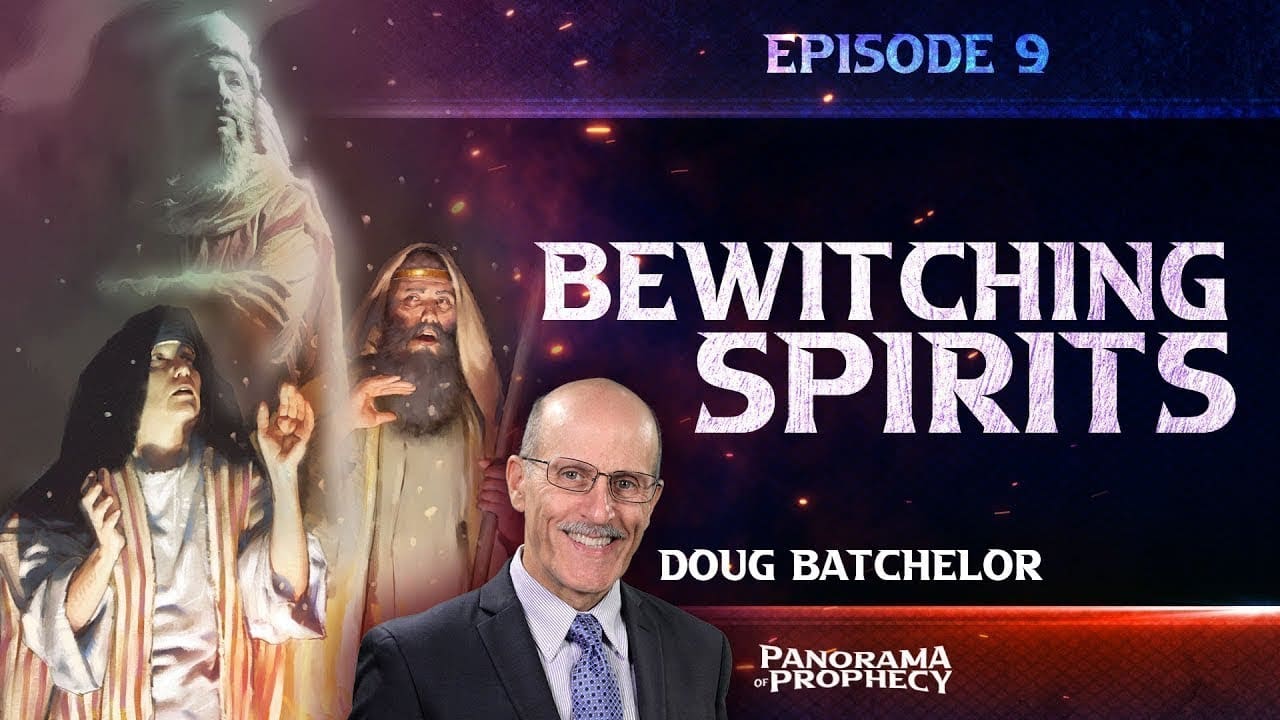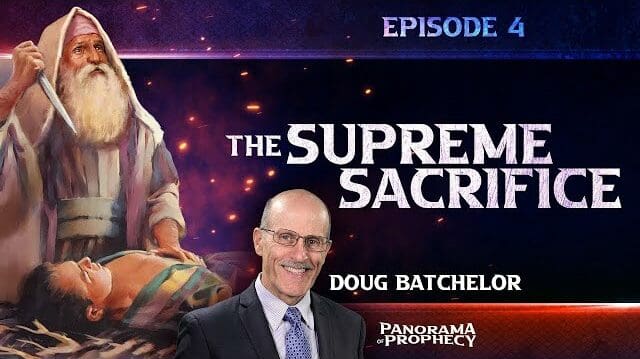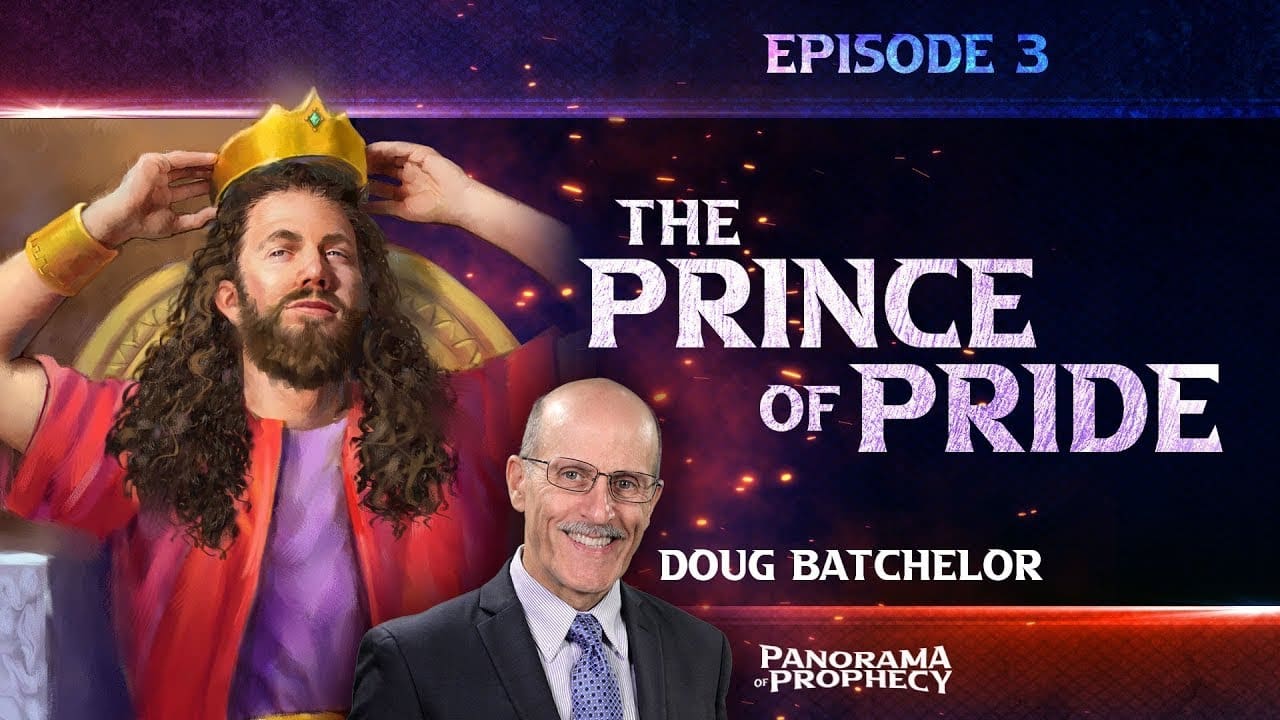The text in question, 2 Corinthians 5:8, seems to imply that being absent from the body means being present with the Lord, suggesting a continued existence in a spiritual form after death. To understand this passage, we must consider what the Bible says about the human body and examine Paul’s writings in their entirety.
When using Paul’s writings to establish a doctrinal point, it is essential to approach them with care, as Peter warns in 2 Peter 3:15-16. The language used by Paul can sometimes be challenging to understand, and if we are not careful, we may twist his words to support our own ideas to our own injury.
In the case of 2 Corinthians 5:8, the text does not explicitly state that being absent from the body is equivalent to being present with the Lord. It does not equate one with the other. To understand the passage fully, we must consider the broader context.
The preceding verses in 2 Corinthians 5 present a metaphorical comparison between our mortal bodies and an earthly tent. Paul expresses the hope that if our earthly tent (our mortal bodies) is destroyed, we have a building from God, an eternal heavenly dwelling. He speaks of the desire to be clothed with our heavenly habitation, a new body, so that mortality may be swallowed up by life. The focus is not on being without a body but on having a new, transformed, immortal body.
When we compare this passage to 1 Corinthians 15:51-54, also written by Paul, the imagery becomes clearer. Paul speaks of a future transformation that will occur at the last trumpet. The mortal body will put on immortality, and the corruptible body will put on incorruption. The language of clothing is used to describe the change from our current mortal bodies to immortal bodies.
Therefore, when Paul says he is well pleased to be absent from the body and present with the Lord, it is in the context of desiring the transformation from mortality to immortality, not the notion of a disembodied spirit living on after death. His writings consistently support the idea that deceased individuals sleep in death and await their bodily resurrection at the return of Jesus Christ.
By examining Paul’s writings in their entirety and considering the broader biblical context, we can gain a clearer understanding of his perspective on life after death. It aligns with the belief that deceased individuals are in a state of sleep, awaiting their resurrection in transformed, immortal bodies at the return of Jesus Christ.














